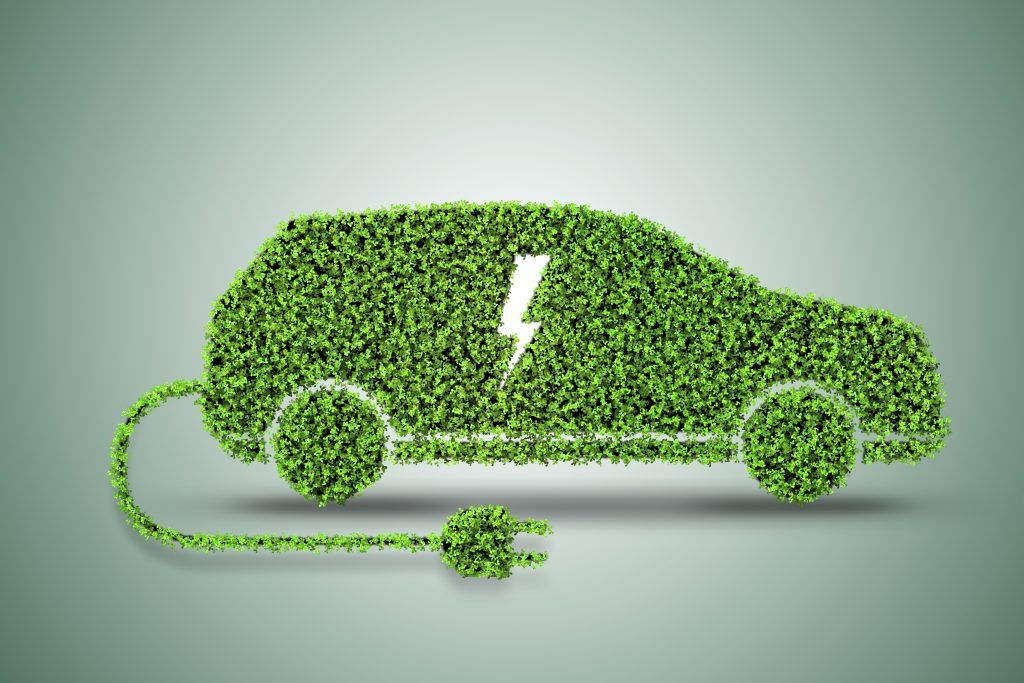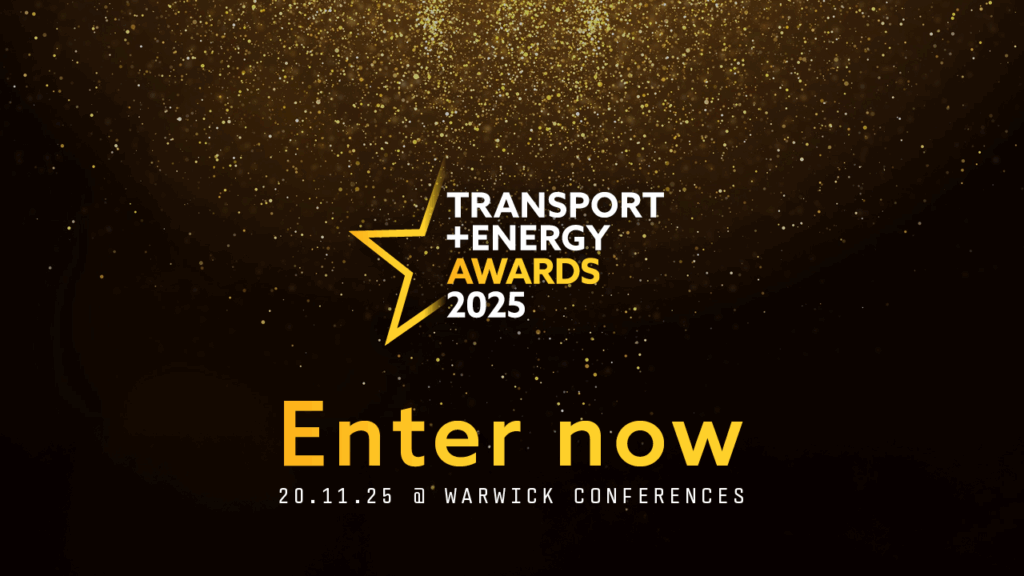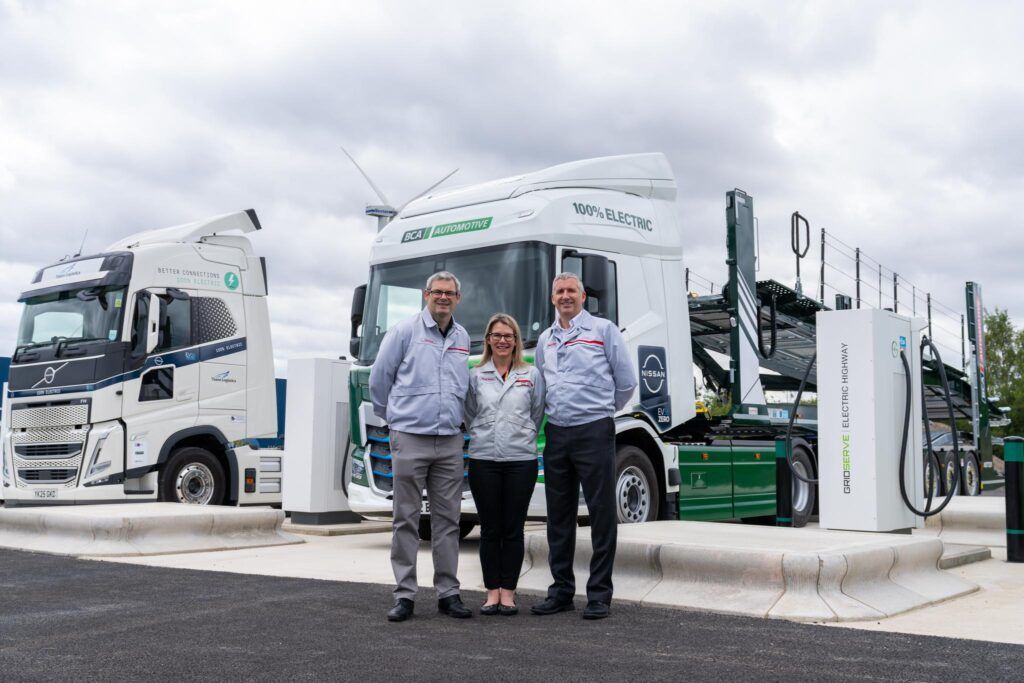Leading figures from the transport and energy sectors have issued a fierce rebuttal to recent national media claims that UK electric car infrastructure isn’t up to par.
The Times reported that at the end of 2021 there were 31 electric cars on the road across the UK for every public charger. By the end of last year, that ratio had increased to 36 to one. The report claimed that in all but one region the gap between electric vehicles and charging infrastructure had widened and in some areas more than doubled. In the northwest it stands at 85 EVs to one charger – compared with 49 to one last year, according to statistics from the Society of Motor Manufacturers and Traders (SMMT).
In the piece, SMMT Chief Executive Mike Hawes told The Times that the growing number of EVs on the road was significantly outpacing the installation of public charge points.
He said: ”These ratios (of vehicles to charger) need to improve. I used to say, ‘No one who has driven an EV goes back to petrol/diesel as the driving experience is fantastic’. Now I’m beginning to hear people saying, ‘I just can’t live with the anxiety around where I am going to charge’.
But these claims have been rebutted by industry professionals.
Adrian Keen, CEO of charge point operator InstaVolt, said: “While we respect the figures from the SMMT, I think the reality for EV drivers on the road is different. Despite reports of queues for EV chargers over the weekend, the UK EV infrastructure should be being applauded. We are investing in our infrastructure and more chargers are being installed than ever before; the pipeline is still strong to deliver the required numbers by 2030, with InstaVolt individually installing record numbers of chargers in the first quarter of 2023.
“Stable infrastructure is just one part of the full EV transition, and we must take the opportunity to encourage and applaud progress to give existing and future drivers confidence that there are rapid chargers available. We’ve got the investment and the time, trust us to fulfil our pledges”.
With plans to install 10,000 rapid chargers by 2030, InstaVolt currently has more than 1,200 chargers across the country.
FairCharge Founder, Quentin Willson, said: “FairCharge is disappointed to once again see an anti electric vehicle rhetoric being pushed. This trend is unhelpful and will only cause disruption on the road to a renewable future. We are seeing mixed messaging from the Society of Motor Manufacturers and Traders (SMMT) around its support for the EV transition, and its criticism of progress, chiefly around charging infrastructure.
“What we need is consistent messaging backed by data, otherwise the consumer, and wider society, are being bombarded by confusion and misinformation. This is destabilising EV adoption and could have a harmful impact on a renewable, clean air future. Now isn’t the time to divide, it’s the time to collaborate and deliver. All we ask for is a more balanced and fair approach to the EV market, rather than a seemingly consistent broadside to disrupt progress.
“No industry is perfect, and the EV market is growing and evolving at considerable pace, and will have a positive net effect on society including benefits to public health. It should be encouraged, not handicapped.”
Image courtesy of Shutterstock.















